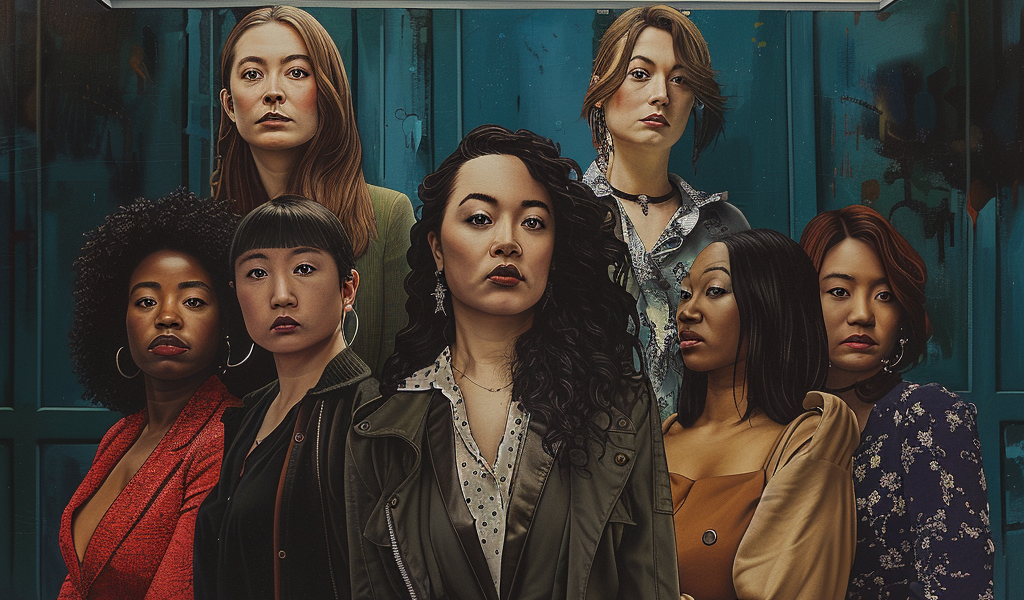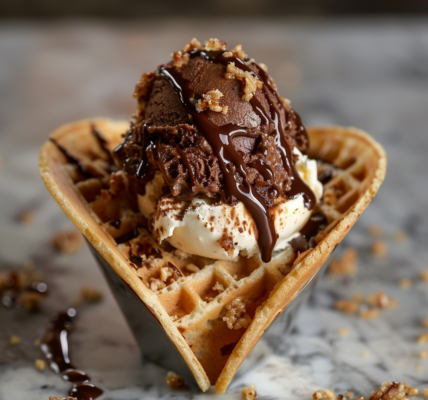A group of artists, including photographer Jingna Zhang and illustrators Sarah Andersen, Hope Larson, and Jessica Fink, have taken legal action against Google for alleged copyright infringement related to the use of their works in the tech giant’s AI image generator. The lawsuit, filed in the Northern District of California, highlights the artists’ claims that Google utilized datasets containing their creations, along with those of numerous other individuals, without proper authorization.
The artists discovered that their work was incorporated into Google’s Imagen image generator’s training data following the release of a paper by Google in 2022, which referenced the use of the LAION-400M dataset. This dataset, housing around 400 million images and captions, is designed to facilitate the training of image generators, potentially including copyrighted works without the creators’ consent.
Notably, this legal action against Google is part of a broader trend in the tech industry, where creators are increasingly challenging the use of their intellectual property by AI systems. The artists’ lawsuit echoes similar cases against other AI companies, such as the New York Times’ legal dispute with OpenAI and Microsoft over alleged misuse of their content.
One key aspect of the artists’ claim is the argument that existing copyright laws have not kept pace with technological advancements, allowing AI companies to exploit copyrighted material under the guise of ‘fair use.’ The lawsuit contends that Google deliberately concealed the exact sources of its training data, possibly to evade potential legal repercussions for unauthorized use of copyrighted works.
While the legal proceedings against Google are still in their early stages, the case raises significant questions about the responsibilities of tech giants in safeguarding creators’ rights in the era of AI-driven content generation. As the artists seek redress for the alleged infringement of their works, the outcome of this lawsuit could have far-reaching implications for the future of intellectual property protection in the digital age.





